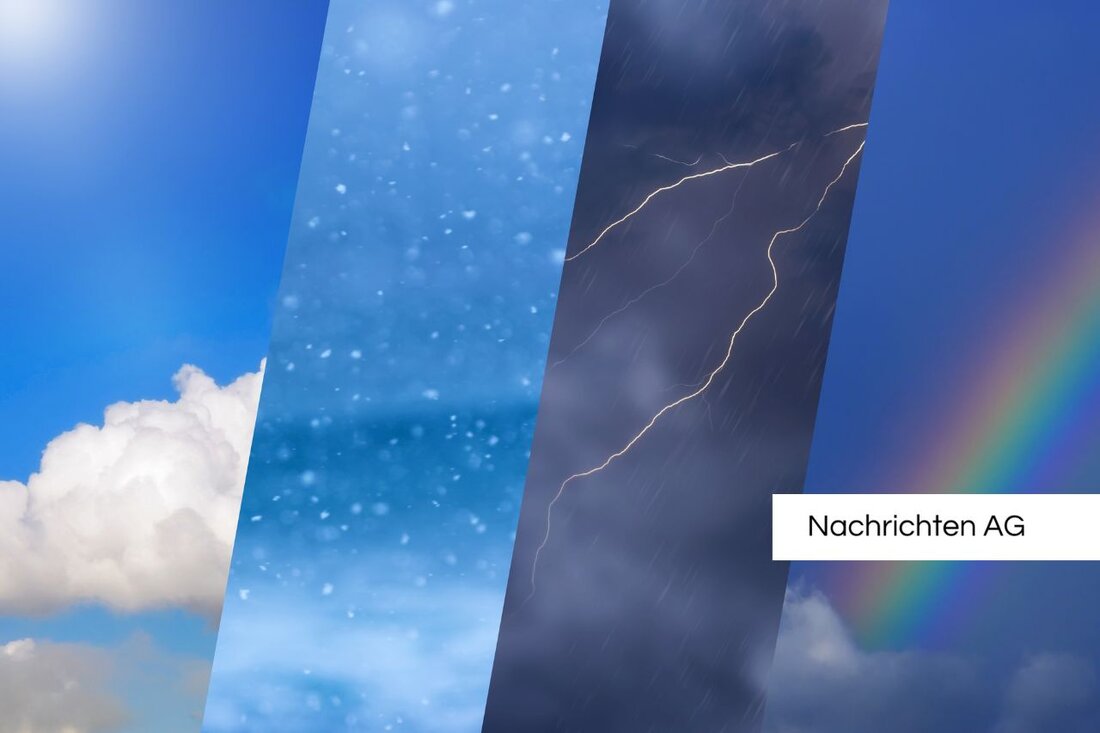Alarming air quality in Göttingen: fine dust levels exceed limit values!
Current measurements of air quality in Göttingen show high levels of fine dust. Results and recommendations to protect health.

Alarming air quality in Göttingen: fine dust levels exceed limit values!
In Göttingen, the air quality data is alarming. Today, on October 26, 2025, the measuring station on Bürgerstrasse shows that the fine dust levels are visibly above the permissible limits. On that day, the PM10 values, which should be a maximum of 50 micrograms per cubic meter of air, were exceeded. According to the Göttinger Tageblatt, multiple violations have been documented. This is particularly worrying since there have already been similar abuses in recent months, such as on July 9, 2025. Göttinger Tageblatt reports.
The limit values according to which air quality is assessed are clearly defined. Values of over 100 μg/m³ for fine dust are considered “very bad”, and such values have often been exceeded recently. Sensitive individuals are advised to avoid physical exertion outdoors to minimize health risks. This could put into alarming context the rising number of premature deaths in the EU, estimated at around 240,000 annually, as well as the News agency N-AG reports.
Air quality in Europe
The European Environment Agency also draws attention to the catastrophic effects of air pollution. The health risks posed by air pollutants such as particulate matter and nitrogen dioxide remain the largest environmental health risk in Europe. Data shows that the number of deaths due to air pollution was reduced by an impressive 45% between 2005 and 2022. But the need for action remains. EU regulations were recently introduced that aim to reduce fine dust levels by 55% by 2030 , says the European Environment Agency.
The current weather in Göttingen could also play a role in the high level of fine dust pollution. Temperatures range between 17 and 25 degrees Celsius, which may affect air circulation. During New Year's Eve there is usually an increase in particulate matter pollution from fireworks. Around 1,500 tons of fine dust are released on this day alone, which accounts for a staggering 75% of the annual fine dust pollution. These health risks cannot be ignored: Particulate matter is a serious threat due to its invisible, health-damaging properties.
The repeated exceeding of the limit values and the health consequences for the population pose major challenges for the city administration. Public appeals to improve air quality in Göttingen are therefore essential. Numbers and measures need to be communicated better. Raising awareness among citizens and targeted actions could help to sustainably improve air quality and thus protect the health of the population.

 Suche
Suche
 Mein Konto
Mein Konto